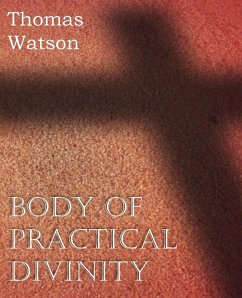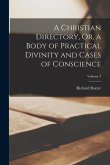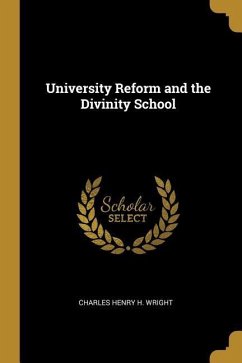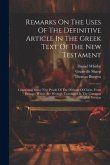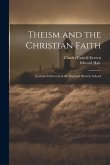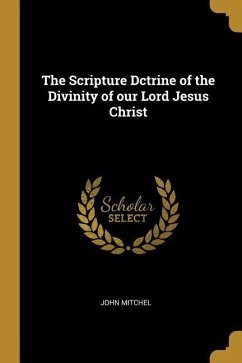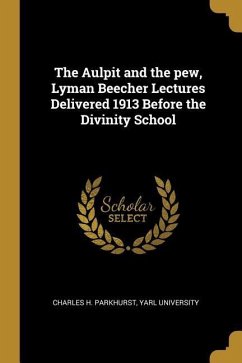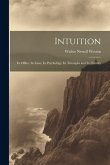The question, "What is God?" takes for granted that there is a God. The belief of God's existence, is the foundation of all religious worship. "He who comes to God must believe that he is." There must be a first cause, which gives being to all things besides. In Body of Practical Divinity Thomas Watson addresses God and His Creation, The Fall, Death and the Last Day, and more. Thomas Watson was an English preacher and author who obtained great fame preaching until the Restoration when he was ejected as the vicar of St. Stephen's Walbrook for noncomformity. Watson continued to exercise his ministry privately and upon the Declaration of Indulgence in 1672 he obtained a license to preach at the great hall in Crosby House.
Hinweis: Dieser Artikel kann nur an eine deutsche Lieferadresse ausgeliefert werden.
Hinweis: Dieser Artikel kann nur an eine deutsche Lieferadresse ausgeliefert werden.

